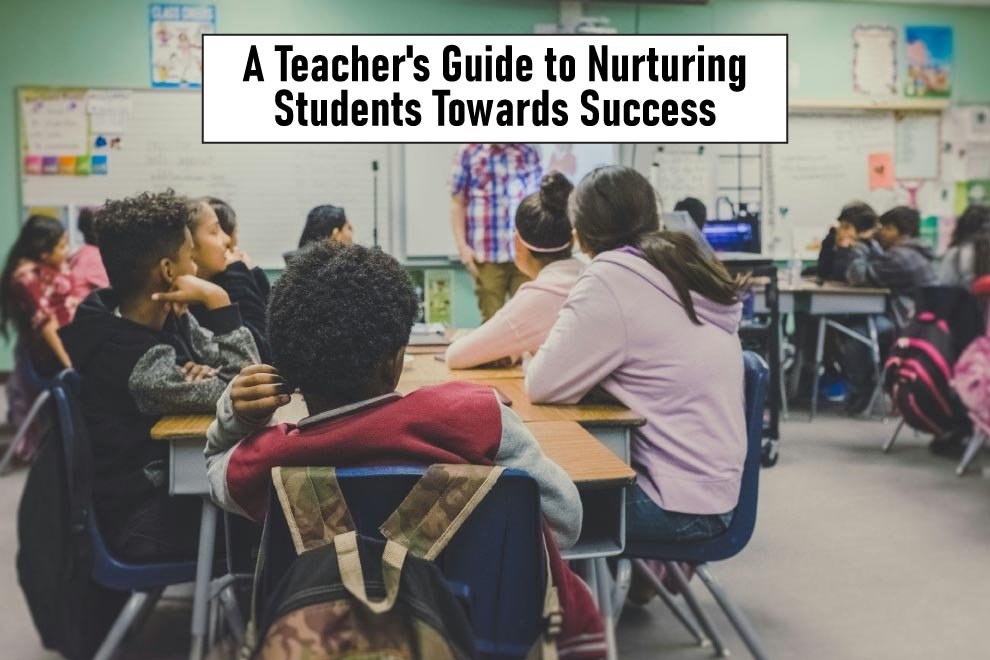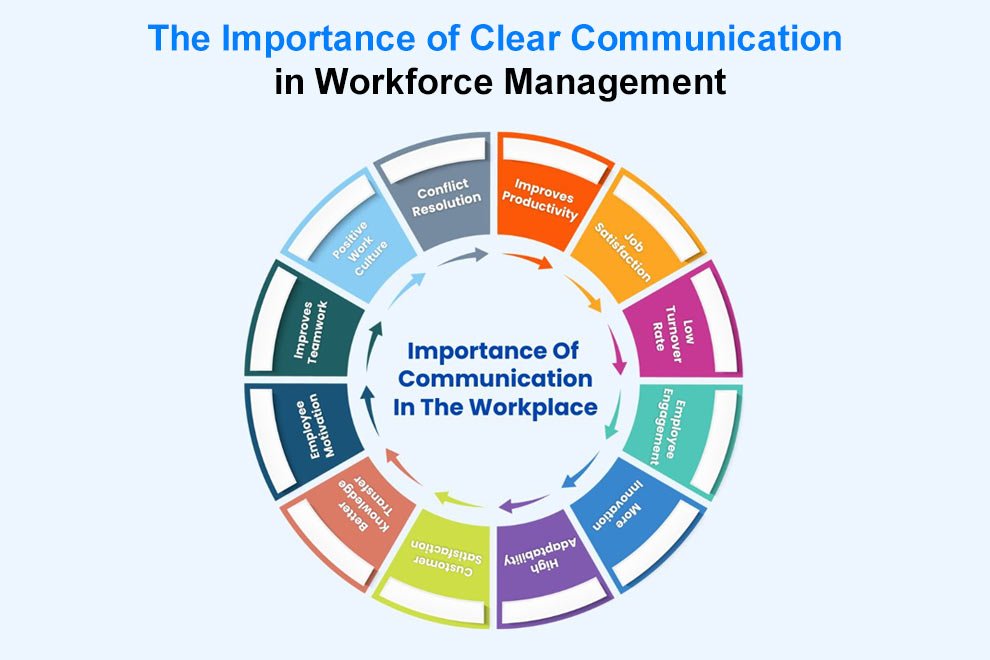In the journey of education, teachers play a pivotal role in guiding and inspiring students to reach their fullest potential. This journey goes beyond traditional conceptions of both learning, on the student side, and pedagogy, meaning the theory of teaching, on the teacher side. This guide explores effective strategies and philosophies that support student success, fostering an environment where learning thrives.
The article will first present a general philosophy of high standards, which reflects the understanding that whilst all students differ in their history and ability, they are all capable of doing much more than they believe. This can most clearly be seen in how contemporary discussion around ‘neurodivergence’ goes astray – thankfully this sentiment is beginning to shift with the curriculums of masters education online, and other such training avenues. After this, the article will outline the two pillars of long term education – critical thinking and critical learning. Finally, understanding how students respond to respect and responsibility will help translate this general theory into the classroom.
The Power of High Standards
Setting high standards in the classroom isn’t about demanding perfection; it’s about inspiring ambition and the desire to improve. It comes from the observation that most students underappreciate their potential. This is understandable given the world they are raised in. They compare themselves to people on social media who ‘seem’ to be far more capable, creative, and productive. This leads students to feel that they are, in some innate or essential way, far less capable than their peers.
In reality, what the school asks of students is very difficult. You have to learn masses of disparate knowledge across vastly different domains, commit that knowledge to memory, and have enough mastery over the content to correctly answer a test. This is a daunting task.
Many students, teachers and parents alike, fall into the trap of reinforcing the wrong attitude however. Sentiments like ‘this is difficult, it’s no wonder you can’t understand’, only fortify the students’ perception of their potential. Shifting from an ‘understanding and reinforcing’ attitude, to an ‘understanding and challenging’ attitude is imperative.
When teachers expect excellence, they communicate a belief in their students’ capabilities, encouraging them to strive for their best. High standards coupled with appropriate support, such as clear guidelines and accessible learning resources, empower students to achieve goals that might initially seem beyond their reach.
Beyond ‘Accommodating’ Neurodivergence
One clear example of this is the contemporary sentiment surrounding neurodivergence. Fortunately this is shifting in recent years, but for a long time students with conditions like, for example, dyslexia or attention deficit (hyperactive) disorder (AD(H)D), were to be treated as severely inhibitive of students’ potential.
One might wonder why, for example, The Massachusetts Institute of Technology (MIT) has twice the number of dyslexic students than its proportion in the general population. This, and all other domains which dyslexics overrepresent, makes you question why they are also overrepresented in high school dropout rates.
The conclusion that ought to be derived by teachers is that understanding and embracing neurodiversity in the classroom goes beyond mere accommodation. This means providing multiple ways to participate and succeed, restructuring traditional teaching methods, and valuing different kinds of intelligence and expression. Most of all, it is the recognition that students like these do not require lesser standards, but simply a different approach to attaining the same high standards.
General Skills Over Specific Content

It is an unfortunate fact that modern curriculums are centred around learning content rather than developing learning skills. However, while mastering specific subject content is important, developing the skills required to learn at each level of education is imperative. These are the two pillars of long term education:
- Critical Thinking:
Encourage students to analyse, evaluate, and synthesise information rather than just memorising facts. This can be facilitated through open-ended questions, problem-solving activities, and encouraging debate and discussion.
- Critical Learning:
Help students learn how to learn. This involves teaching strategies to plan, monitor, and assess their understanding and learning approaches. For example, making explicit memorisation techniques like spaced repetition and mnemonic cues.
Respect and Responsibility
Respect and responsibility are foundational values that can transform educational environments. Teaching respect involves modelling and expecting courteous and considerate behaviour, not just between teacher and student, but also among students.
It is important to recognise that, whilst students, especially of high school age, tend towards rebelling against authority, they will respect teachers who believe in their potential. This allows you to set an example of a respectful authority figure, who takes seriously their responsibility to derive the most from the students.
As educators, the goal is not only to teach but to inspire and prepare students for the challenges of the future. By setting high standards, embracing neurodiversity, focusing on essential life skills, and instilling respect and responsibility, teachers can significantly impact their students’ lives. By integrating these strategies into daily teaching practices, educators contribute to a brighter future for all students.
Also Read; Becoming a Primary School Teacher: The Journey of Nurturing Young Minds










